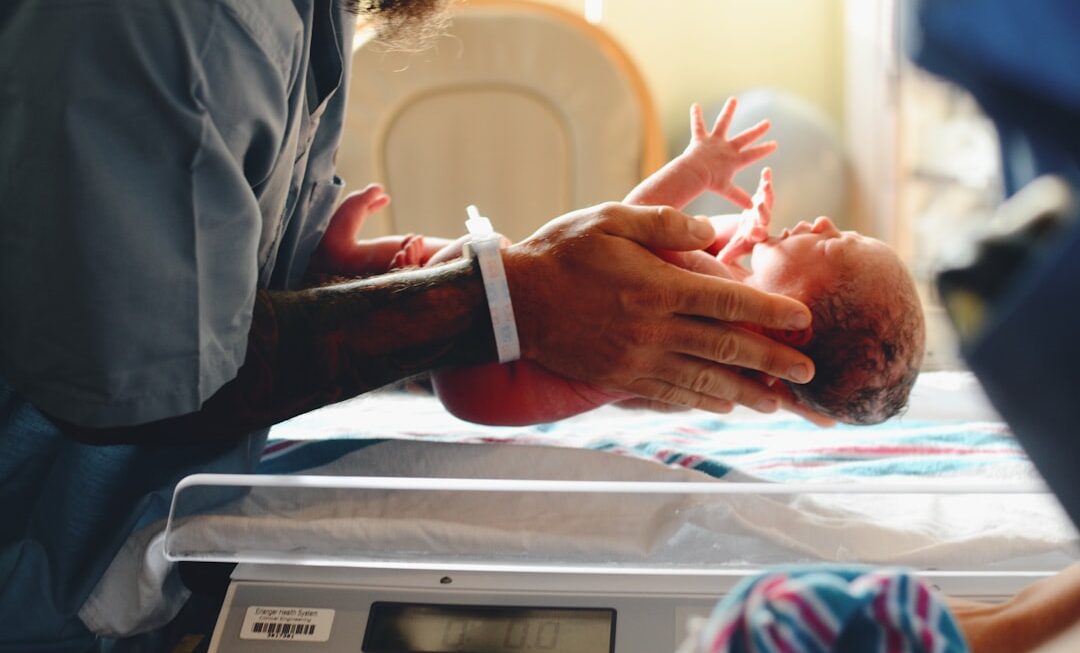Parvo virus, also known as parvovirus, is a highly contagious virus that affects both animals and humans. There are two main types of parvo virus that affect humans: parvovirus B19 and parvovirus 4. Parvovirus B19 is the most common type and is known to cause a variety of symptoms in humans, including fever, rash, and joint pain. Parvovirus 4, on the other hand, is less common and its effects on humans are not fully understood.
Parvo virus is transmitted through direct contact with an infected person or animal, as well as through respiratory secretions and blood. The virus can also be transmitted through contaminated surfaces and objects. Once a person or animal is infected with parvo virus, it can take anywhere from 4 to 14 days for symptoms to appear. The virus is most contagious during the early stages of infection, when symptoms may not yet be present. It is important to note that parvo virus is not the same as the parvovirus that affects dogs, although they are both part of the Parvoviridae family of viruses.
Key Takeaways
- Parvo virus is a highly contagious virus that affects dogs and can be transmitted through contact with infected feces, vomit, or contaminated surfaces.
- Parvo virus cannot infect humans, as it is specific to dogs and other related species.
- The lifespan of parvo virus on human skin is relatively short, as it can be easily killed with proper hand hygiene and disinfection.
- To protect yourself from parvo virus, it is important to practice good hygiene, avoid contact with infected animals, and ensure that your pets are vaccinated.
- Symptoms of parvo virus infection in humans include fever, diarrhea, and abdominal pain, and treatment typically involves supportive care and symptom management.
Can Parvo Virus Infect Humans?
Yes, parvo virus can infect humans. Parvovirus B19 is the most common type of parvo virus that affects humans, and it is known to cause a variety of symptoms, including fever, rash, and joint pain. Parvovirus 4 is less common and its effects on humans are not fully understood. While parvo virus primarily affects humans, it can also infect animals such as dogs and cats. However, it is important to note that the parvo virus that affects animals is not the same as the parvovirus that affects humans.
Parvo virus is transmitted through direct contact with an infected person or animal, as well as through respiratory secretions and blood. The virus can also be transmitted through contaminated surfaces and objects. Once a person or animal is infected with parvo virus, it can take anywhere from 4 to 14 days for symptoms to appear. It is important to seek medical attention if you suspect you have been infected with parvo virus, as early detection and treatment can help prevent the spread of the virus to others.
The Lifespan of Parvo Virus on Human Skin
The lifespan of parvo virus on human skin can vary depending on a number of factors, including the temperature and humidity of the environment. In general, parvo virus can survive on human skin for several hours to several days. However, the virus is most contagious during the early stages of infection, when symptoms may not yet be present. It is important to practice good hygiene and regularly wash your hands with soap and water to reduce the risk of spreading the virus to others.
It is also important to note that parvo virus can survive on surfaces and objects for extended periods of time. The virus can remain infectious on surfaces such as countertops, doorknobs, and toys for several days. It is important to regularly clean and disinfect these surfaces to reduce the risk of spreading the virus to others.
How to Protect Yourself from Parvo Virus
| Protection Method | Description |
|---|---|
| Vaccination | Ensure your dog is up to date on their parvo vaccination. |
| Cleanliness | Regularly clean and disinfect your dog’s living area and toys. |
| Avoiding Contaminated Areas | Avoid places where parvo virus may be present, such as dog parks or areas with a high concentration of dogs. |
| Quarantine | If your dog is sick, keep them isolated from other dogs to prevent the spread of the virus. |
There are several steps you can take to protect yourself from parvo virus. First and foremost, it is important to practice good hygiene by regularly washing your hands with soap and water. This is especially important after coming into contact with an infected person or animal, as well as after touching surfaces and objects that may be contaminated with the virus.
It is also important to avoid close contact with individuals who are infected with parvo virus, as well as to avoid sharing personal items such as towels and utensils. If you have been in close contact with an infected person or animal, it is important to seek medical attention to determine if you have been infected with the virus.
Symptoms of Parvo Virus Infection in Humans
The symptoms of parvo virus infection in humans can vary depending on the type of parvo virus and the individual’s immune system. The most common type of parvo virus that affects humans is parvovirus B19, which is known to cause a variety of symptoms, including fever, rash, and joint pain. These symptoms typically appear 4 to 14 days after exposure to the virus.
In addition to fever, rash, and joint pain, other symptoms of parvo virus infection in humans may include headache, fatigue, and nausea. In some cases, individuals infected with parvo virus may also experience swelling of the hands, feet, or face. It is important to seek medical attention if you experience any of these symptoms, as early detection and treatment can help prevent the spread of the virus to others.
Treatment for Parvo Virus Infection in Humans

There is no specific treatment for parvo virus infection in humans, as the virus typically resolves on its own without medical intervention. However, there are several steps you can take to alleviate symptoms and prevent complications. For example, over-the-counter pain relievers such as acetaminophen or ibuprofen can help reduce fever and joint pain associated with parvo virus infection.
In some cases, individuals infected with parvo virus may require medical treatment to manage symptoms such as severe anemia or swelling of the hands, feet, or face. It is important to seek medical attention if you experience any of these symptoms, as early detection and treatment can help prevent complications.
Preventing the Spread of Parvo Virus
There are several steps you can take to prevent the spread of parvo virus. First and foremost, it is important to practice good hygiene by regularly washing your hands with soap and water. This is especially important after coming into contact with an infected person or animal, as well as after touching surfaces and objects that may be contaminated with the virus.
It is also important to avoid close contact with individuals who are infected with parvo virus, as well as to avoid sharing personal items such as towels and utensils. If you have been in close contact with an infected person or animal, it is important to seek medical attention to determine if you have been infected with the virus.
In addition to practicing good hygiene and avoiding close contact with infected individuals, it is important to regularly clean and disinfect surfaces and objects that may be contaminated with the virus. This includes countertops, doorknobs, toys, and other frequently touched surfaces. By taking these steps, you can help reduce the risk of spreading parvo virus to others and protect yourself from infection.
If you’re interested in learning more about how long parvo can live on human skin, you should check out this article on Optimal Life Essence. They provide valuable information on the lifespan of parvo on different surfaces and how to effectively disinfect and prevent the spread of the virus. It’s important to stay informed and take necessary precautions to protect yourself and others from this highly contagious disease.
FAQs
What is parvo?
Parvo, short for parvovirus, is a highly contagious virus that affects dogs and can cause severe illness and even death.
Can parvo live on human skin?
While parvo is primarily a canine virus, it can potentially survive on human skin for a short period of time. However, it is important to note that humans cannot contract parvo from dogs or from contact with parvo-infected surfaces.
How long can parvo live on human skin?
The exact duration that parvo can survive on human skin is not well-documented, but it is generally believed to be a matter of hours rather than days.
How is parvo transmitted to humans?
Parvo is not known to be transmitted from dogs to humans. The virus is specific to canines and does not pose a risk to human health.
What precautions should be taken to prevent the spread of parvo?
To prevent the spread of parvo, it is important to ensure that dogs are vaccinated against the virus and to practice good hygiene, such as washing hands thoroughly after handling dogs or coming into contact with potentially contaminated surfaces.



